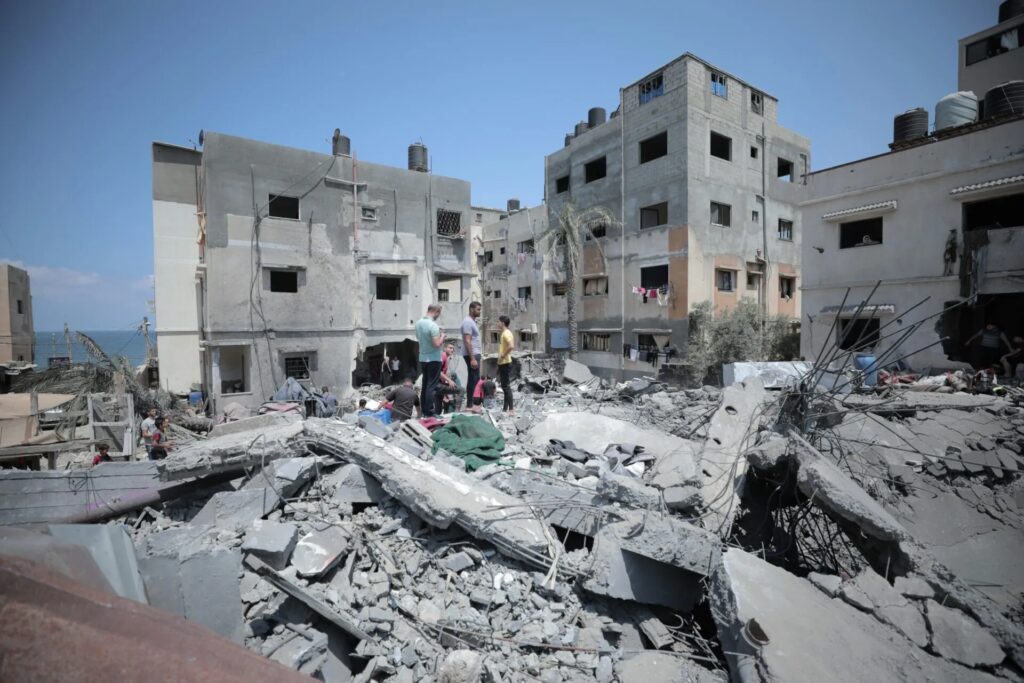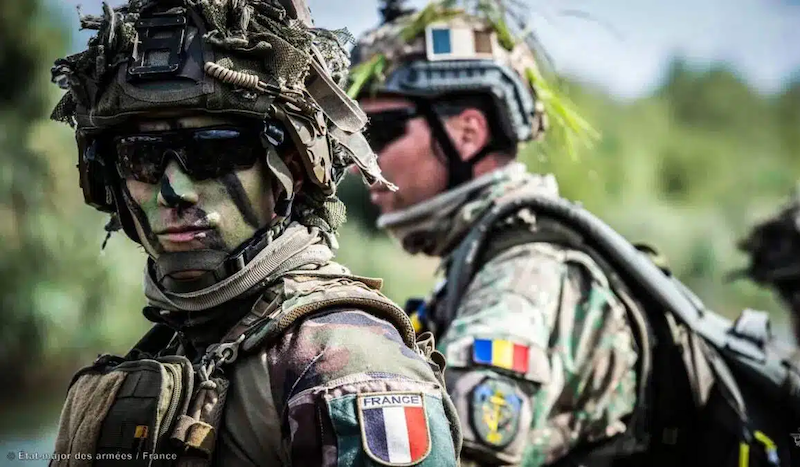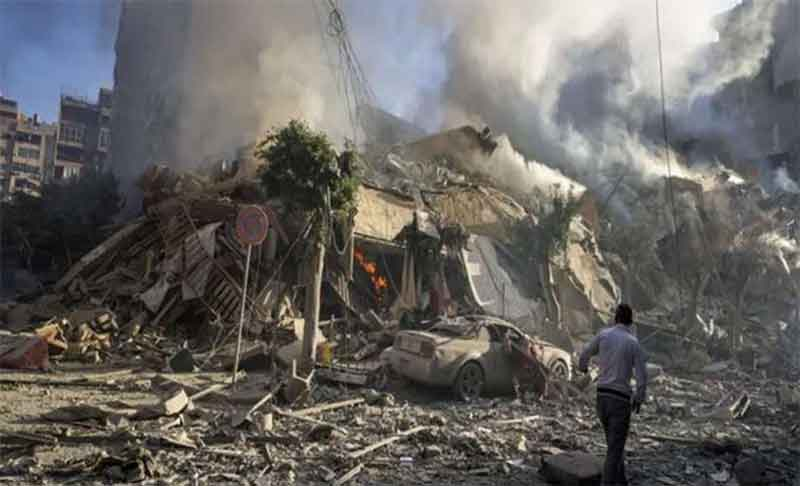Eliminating or Exacerbating Violent Extremism?
For more than a decade, the Sahel has been subject to a protracted insurgency carried out by affiliates of the global terror networks of al-Qaeda and the Islamic State. As the first country affected by this insurgency, Mali has responded by drastically modifying its response to violent extremism. The regional spillover of violent extremism has elicited similar counterterrorism responses from Bamako’s neighbors, with Niger most recently adopting a counterinsurgency model shaped by Mali’s and Burkina Faso’s policies. Although not in the Sahel, Mozambique has faced similar struggles in containing violent extremism and, like Mali and Niger, has implemented multiple counterterrorism programs to curtail the expansion and public support of jihadist groups. Conventional responses to violent extremism—such as the deployment of national military forces and the enlistment of international counterterrorism support—have not been successful and instead have resulted in each state adopting more localized approaches to eliminating the jihadist threat. This increasingly localized approach is often conducted through the deployment of civilian counterterrorism militias—also known as community-led self-defense groups, local militias, local forces, or simply civilian militias. Sometimes sponsored by the state, these local militias are intended to operate independently of national defense forces. However, tangential state status has not only afforded these groups funding and equipment, but it has also justified illicit behavior and discriminatory practices that have added additional threats to national counterterrorism agendas.






